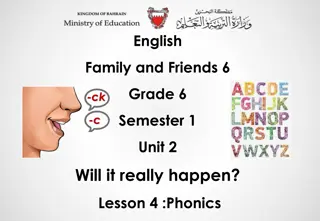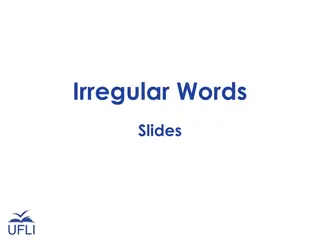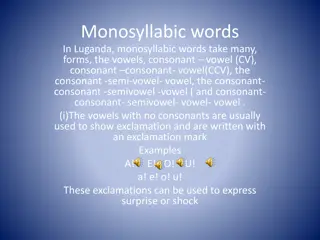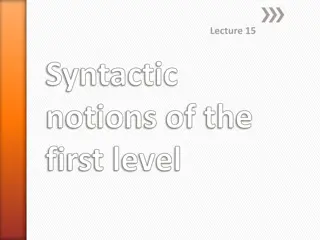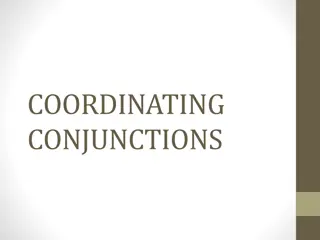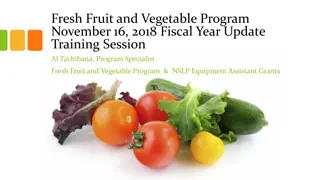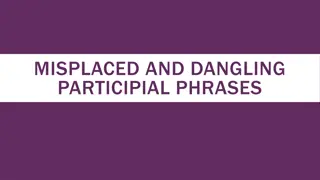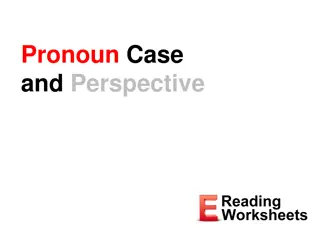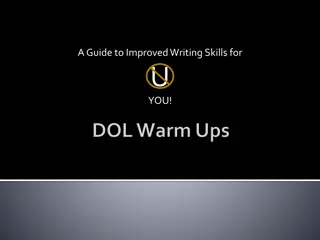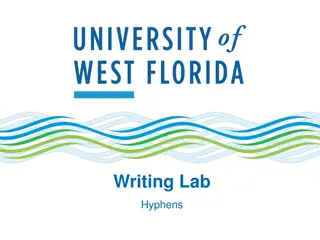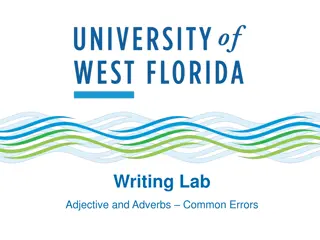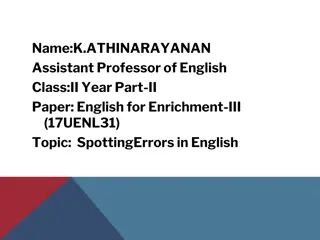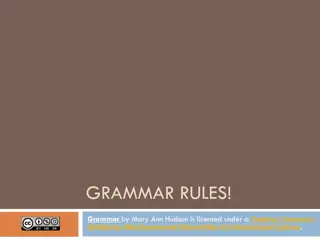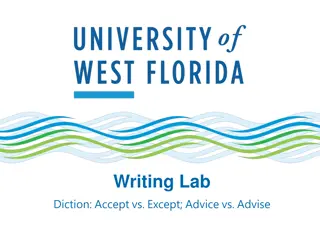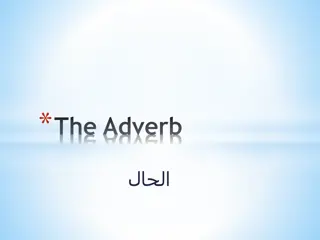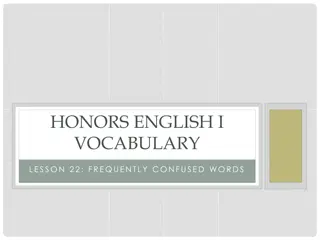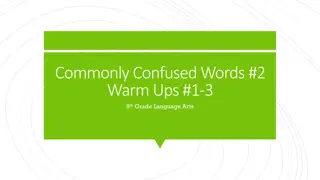Commonly Confused Words and Their Correct Usage Explained
Effect vs. Affect: An effect is a result or consequence, while affect means to have an impression or influence on something. Fewer vs. Less: Fewer for countable items, less for uncountable. Many vs. Much: Many for a definite number, much for a large quantity. Imply vs. Infer: Imply suggests without stating, infer is drawing a conclusion. Than vs. Then: Than for comparison, then for referring to time. Their vs. They're vs. There: Their indicates possession, they're is they are, there for location or time.
Download Presentation

Please find below an Image/Link to download the presentation.
The content on the website is provided AS IS for your information and personal use only. It may not be sold, licensed, or shared on other websites without obtaining consent from the author.If you encounter any issues during the download, it is possible that the publisher has removed the file from their server.
You are allowed to download the files provided on this website for personal or commercial use, subject to the condition that they are used lawfully. All files are the property of their respective owners.
The content on the website is provided AS IS for your information and personal use only. It may not be sold, licensed, or shared on other websites without obtaining consent from the author.
E N D
Presentation Transcript
Commonly Confused Words Effect vs. Affect: An effect is a result or a consequence. (usually a noun) Effect may also function as a verb meaning to bring about something, but this second meaning is usually reserved for more technical writing. Ex. The effect was catastrophic. OR He effected the change in the existing system. An affect is to have an impression, influence, or effect on something. (usually a verb). Affect can also be a noun (meaning display of emotion ), but this second meaning is only reserved for fields such as psychology. Ex. This greatly affected his mental state that evening.
Commonly Confused Words Fewer vs. Less: Fewer is used when referring to things that can be counted. Ex. There were fewer customers than anticipated. Less is used when referring to uncountable and usually abstract nouns. Ex. I have less patience than Ted.
Commonly Confused Words Many vs. Much: Many is used when referring to a large but definite number. Many refers to things that can be counted. Ex. I have too many shoes. Much is used when referring to something great in quantity, amount, extent or degree. Much refers to things that can not be counted. Ex. You have too much time on your hands.
Commonly Confused Words Imply vs. Infer: To imply means to suggest something without specifically stating it. Ex. Are you implying that I did something wrong? To infer means to draw a conclusion about something that hasn t been directly stated. Ex. From your statement, I can infer that you believe he is guilty.
Commonly Confused Words Than vs. Then: Than is used to draw a comparison. Ex. I like vanilla more than chocolate. Then is used to refer to time/at that time. Ex. I went to the store; then I went to David s graduation.
Commonly Confused Words Their vs. They re vs. There: Their is the third person plural pronoun. It indicates a possession or relationship. Ex. Their dog was in the backyard. They re is the contraction of they and are. Ex. They re going to the amusement park on Friday. There is used to refer to a specific location, position, or time. It may also be used to introduce a sentence of clause when the verb has no definite subject. Ex. The books are over there. OR There will be cake at the party.
Commonly Confused Words To vs. Too: To is used with verbs to form the infinitive or as a preposition expressing movement towards something. Ex. It is important to tell the truth. OR We went to the mall. Too is used to show an extensive degree or as a synonym of also. Ex. He is too young for that ride. OR I am going to the movies too.
Commonly Confused Words Whose vs. Who s: Whose is a pronoun expressing possession. Ex. Whose car are we taking? Who s is the contraction of who is. Ex. Who s going to the concert?
Commonly Confused Words Its vs It s: Its is the possessive form. Ex. That car does not run; its engine is broken! It s is a contraction of it is. Ex. It s going to be a long night!
Commonly Confused Words Practice Exercises For each of the following sentences, circle the correct word choice: 1. She had too (many/much) sweaters in her closet. 2. Alex was (to/too) excited to sleep. 3. (Their/They re/There) going to the amusement park tomorrow. 4. The sugar had a negative (effect/affect) on the science experiment. 5. Nicole has (fewer/less) shoes than Sara.
Commonly Confused Words Practice Exercises For each of the following sentences, circle the correct word choice: 6. John scored higher on the exam (then/than) I did. 7. Haley did not mean to (infer/imply) that Jenny was to blame. 8. John had (less/fewer) travel time because he lives closer to the airport. 9. (Whose/Who s) watch is this on the counter? 10. The book is on the table over (their/there/they re).
Commonly Confused Words Practice Exercises For each of the following sentences, circle the correct word choice: 11. (Whose/Who s) responsible for the advertising of the event. 12. From your words, I can (infer/imply) that you think he is guilty. 13. The weather greatly (effected/affected) the outcome of the race. 14. (Their/They re/There) books are on the bottom shelf. 15. Earlier today we walked (to/too) the ice cream parlor.
Commonly Confused Words Practice Exercises For each of the following sentences, circle the correct word choice: 16. Kelly ordered her lunch, and (then/than) she went back to work. 17. There was too (much/many) chlorine in the pool. 18. Do you think (its/it s) a good idea to use gas to start a fire? 19. (to/too) (many/much) puppies are trained to kill! 20. My second essay is going to be really good! (its/it s) structure is sound and (its/it s) going to get an A!


